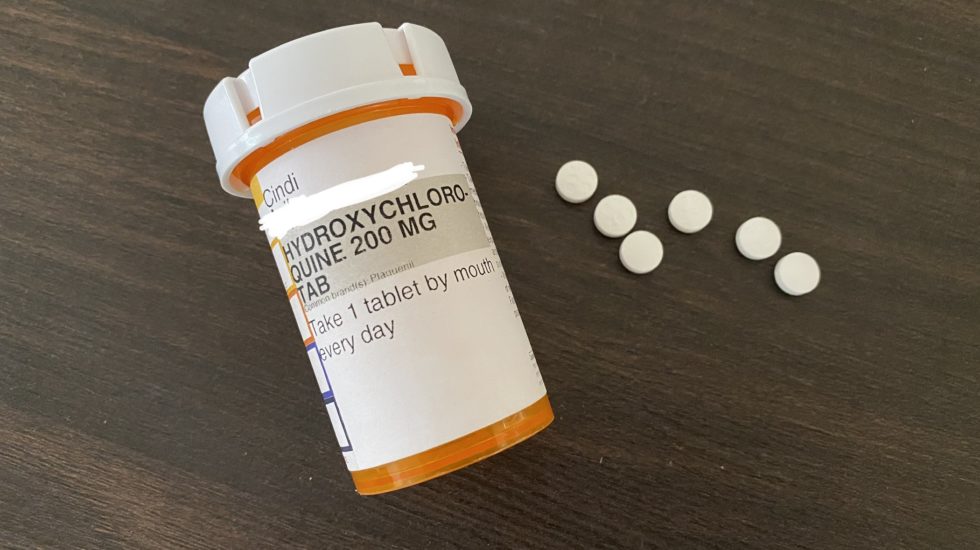Oklahoma has over a million pills of hydroxychloroquine – and they want a refund.
As Donald Trump promoted the drug as a Covid-19 cure, Oklahoma tapped its tax income from medical marijuana to stockpile two million dollars worth of the drug.
Unfortunately, hydroxychloroquine did not help end the pandemic. In June, the FDA reported that the pharmaceutical “showed no benefit for decreasing the likelihood of death or speeding recovery.”
The Frontier provides additional context:
The state purchased the hydroxychloroquine stockpile in early April, days after Trump began to tout it as a treatment. While many acknowledged at the time that reports of the drug’s effectiveness were purely anecdotal, Trump said at a briefing in March, “What do we have to lose? I feel very good about it.”
Now Oklahoma is stuck with a two million dollar supply that is set to expire at the end of the year and officials are scrambling to get a refund. Oklahoma Attorney General Mike Hunter is reportedly negotiating some sort of buyback with the supplier, California-based FFF Enterprises, Inc, a private pharmaceutical wholesaler.
“I was being proactive to try and protect Oklahomans,” Republican Governor Kevin Stitt has said. According to The Associated Press, “a former state health official chalked up Oklahoma’s purchase to something that happens in ‘the fog of war.'”
The AP adds:
While governments in at least 20 other states obtained more than 30 million doses of the drug through donations from the federal reserve or private companies, Oklahoma and Utah bought them from private pharmaceutical companies.
While Oklahoma and other states sat on massive reserves of hydroxychloroquine, the patients who needed the drug for its stated purposes – treating lupus and arthritis and preventing malaria – scrambled to find a supply.
Oklahoma Watch explains:
A poll by the Lupus Foundation of America found more than half of lupus patients surveyed had issues securing adequate supplies of hydroxychloroquine last summer. The drug appeared on the FDA’s drug shortage list for several months, although it has since been removed. Meanwhile, one pharmaceutical company, Teva, said in December it will no longer manufacture the drug.
The supply issues were alarming for patients and their providers, said Dr. Judith James, vice president of clinical affairs with the Oklahoma Medical Research Foundation. She runs clinics and a research center for patients with lupus and other rheumatic diseases. James said providers had to get waivers from the state to keep getting adequate supplies of hydroxychloroquine for lupus patients. Meanwhile, recruitment for clinical trials that used hydroxychloroquine slowed amid the supply interruptions.



